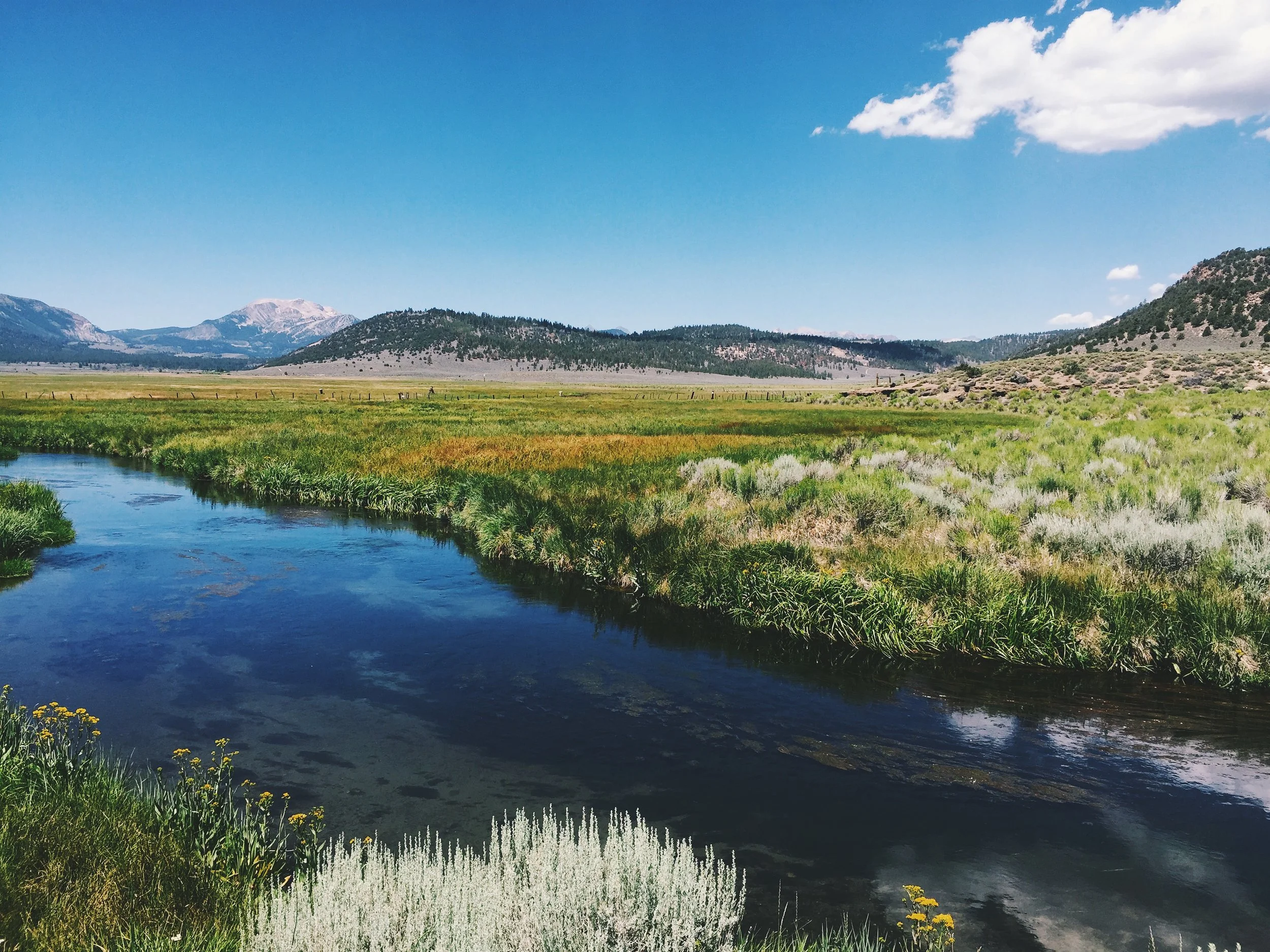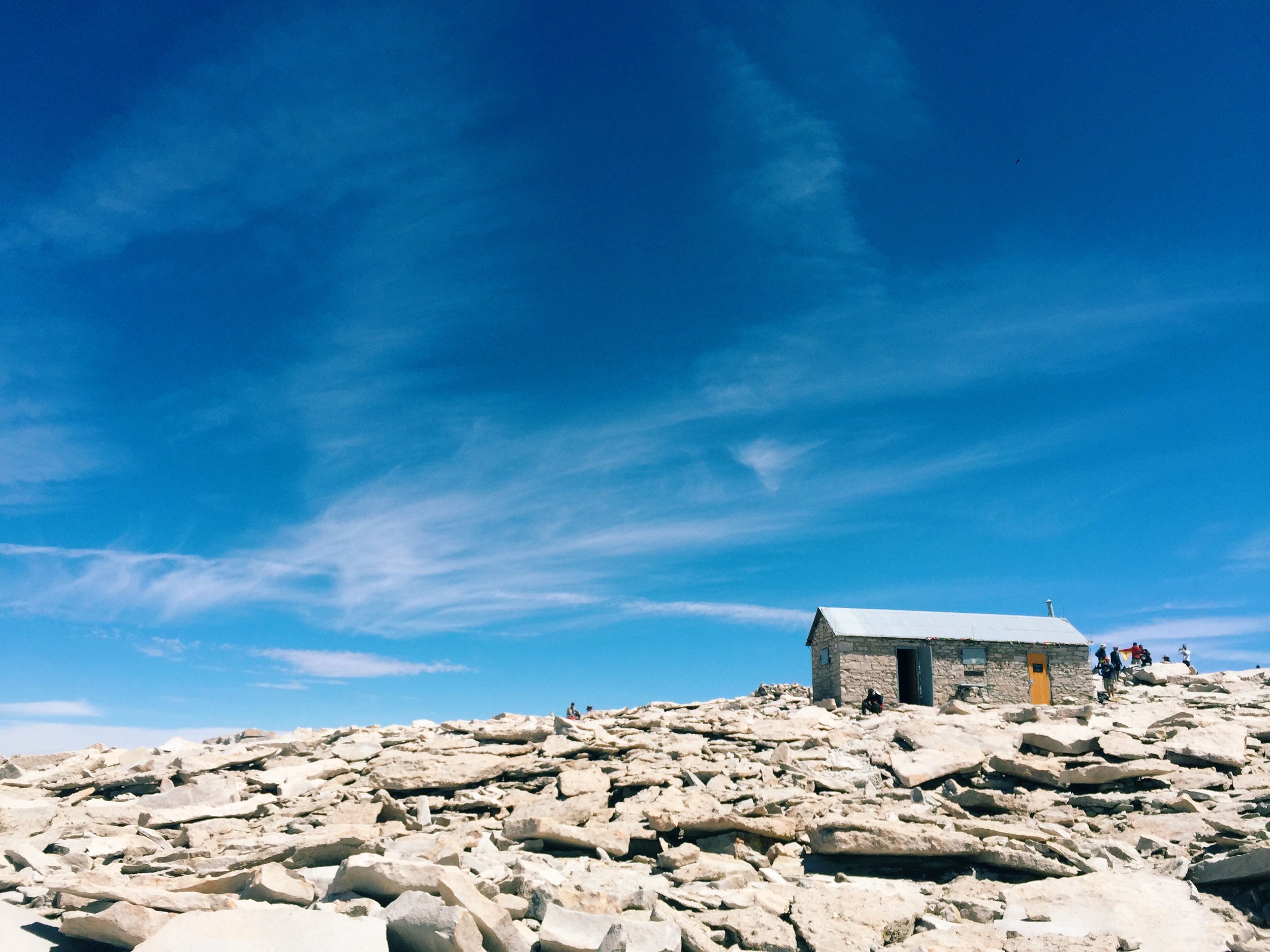The town of Mammoth Lakes is approximately 7,900 ft. elevation above sea level. Visitors may experience some minor side effects due to Mammoth's high elevation. Here are a few tips for staying healthy and making the most of your stay in the mountains.
Altitude Adjustments
When you first arrive, acclimate yourself for a period of time prior to beginning strenuous activities, such as hiking. At high elevations, the atmosphere is more thin than at sea level and there is less oxygen available for you to breathe. This can result in a number of symptoms, such as muscle fatigue, insomnia, headaches, or slight shortness of breath.
Drink Plenty of Liquid
You may become dehydrated more quickly at high altitude than at sea level, so drink plenty of water and other fluids. We do not suggest keg stands until you are acclimated for at least 24 hours.
Avoid Sunburn
At this elevation, due to the thin atmosphere, there is less protection from the sun's UV rays. Use a sunscreen with an SPF of 30 or greater. Hats, sunglasses, and chapstick are also highly recommended.
Listen to Your Body
If you experience symptoms such as headache, insomnia, and/or fatigue, you may have a mild form of "altitude sickness." These symptoms are a warning to slow down. If symptoms persist or begin to worry you, don't hesitate to go to Mammoth Hospital.
Weather
The weather in Mammoth can be a bit unpredictable sometimes, even in the summertime. Temps can range in August from the mid 40s to the mid 80s — it has even snowed in August! The ceremony and the reception will be outdoors so please bring something to keep yourself warm if it happens to get cold or breezy.
WATER BEFORE BEER, YOU'RE IN THE CLEAR


